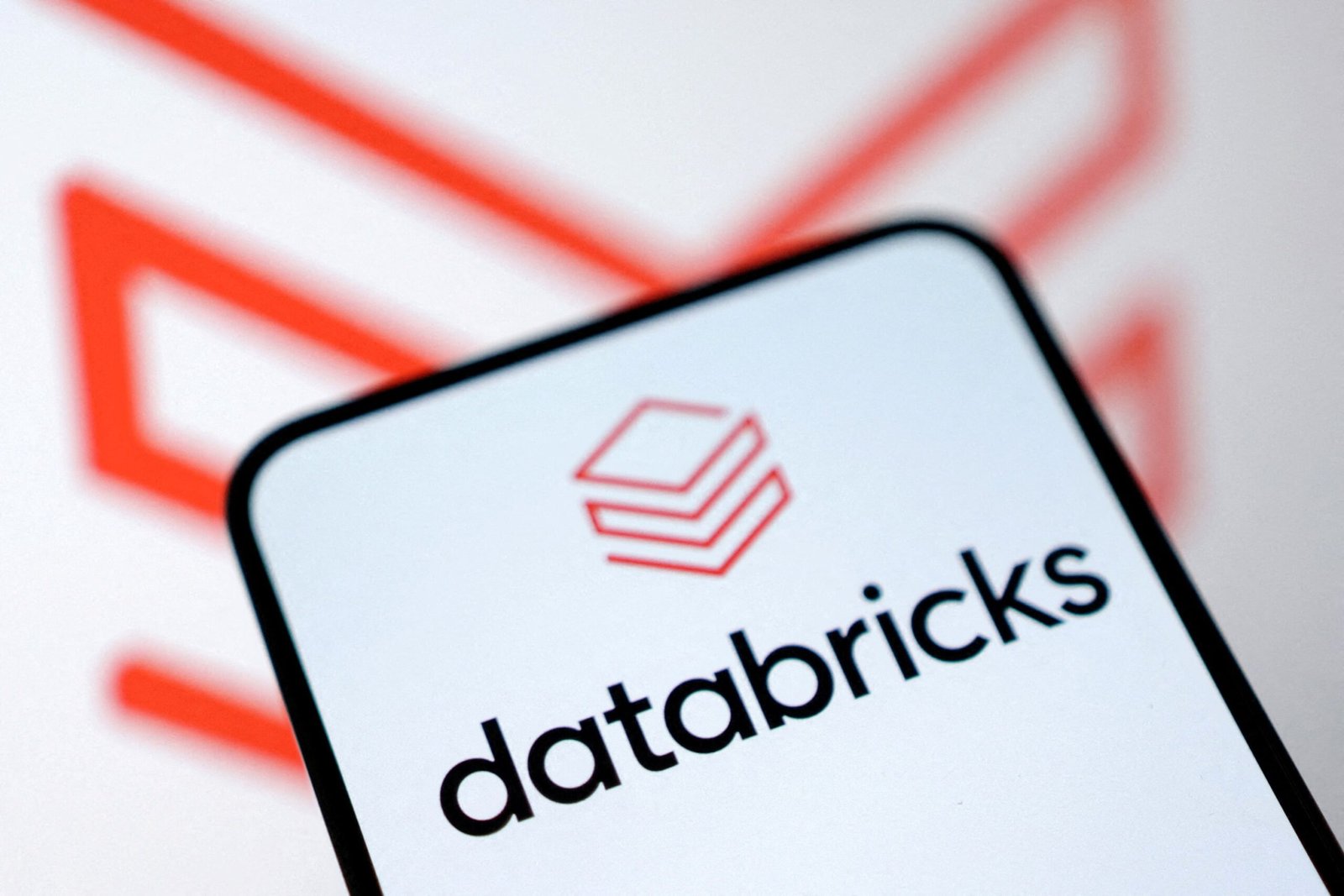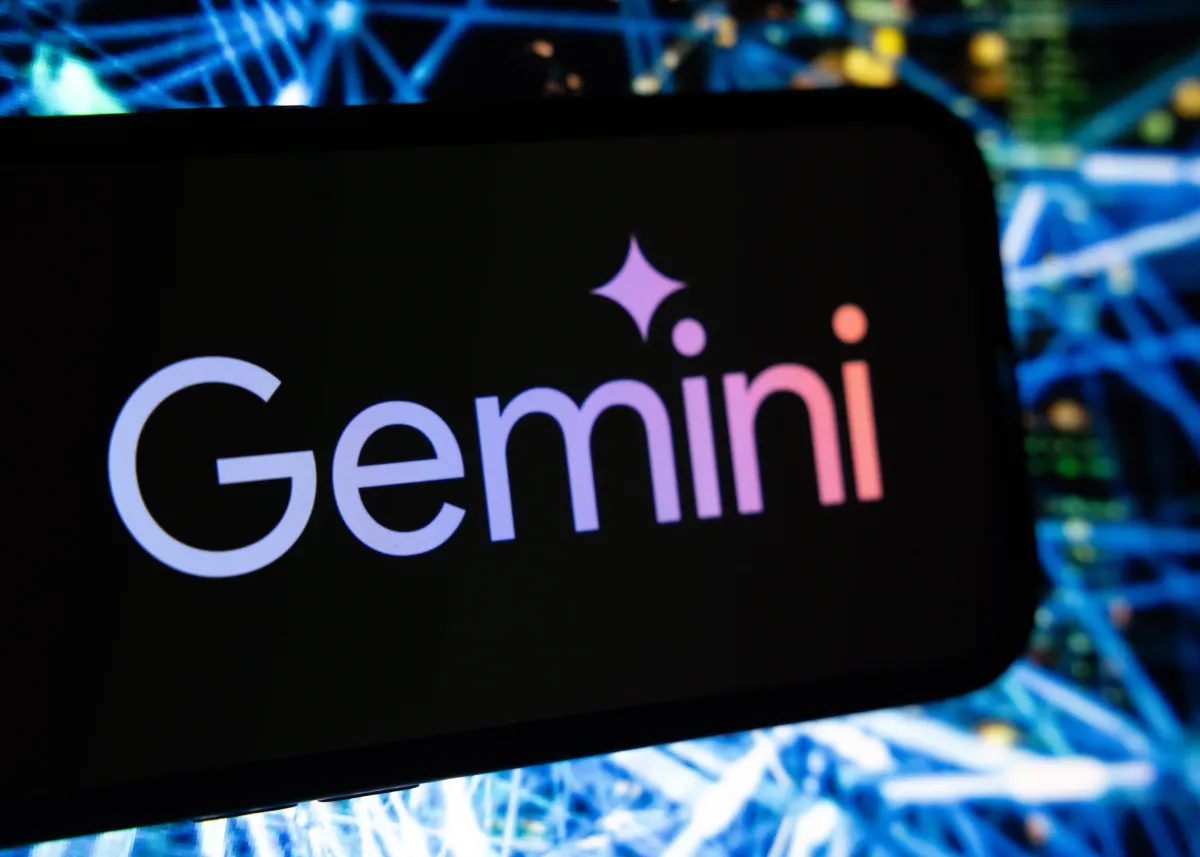Introduction Of SoundCloud
SoundCloud has quietly updated its terms of use, and it looks like the platform now gives itself permission to use user-uploaded audio to train artificial intelligence. The change was first noticed by tech ethicist Ed Newton-Rex, who pointed out that the updated terms allow SoundCloud to “inform, train, [or] develop” AI using content uploaded by users.

Table of Contents
According to the revised terms, which were updated on February 7, users “explicitly agree” that their content may be used in connection with AI or machine learning technologies. However, there’s an exception for content covered by separate agreements with third-party rightsholders—like major labels Universal Music and Warner Music Group, as well as various independent music publishers SoundCloud has licensing deals with.
At the time of reporting, no clear opt-out option was found in the platform’s settings, and SoundCloud didn’t immediately respond to requests for comment.
This move aligns with a broader trend among major content platforms that are increasingly leaning into AI. Last year, It’s teamed up with several partners to introduce AI-powered tools for remixing, vocal generation, and creating custom samples. In a blog post at the time, SoundCloud promised to ensure proper credit and compensation for rights holders and pledged to maintain ethical, transparent AI practices.
Other platforms have made similar changes in recent months. Elon Musk’s X (formerly Twitter) updated its privacy policy in October to allow third-party AI training on user content. LinkedIn followed suit last September, and in December, YouTube updated its terms to let AI models be trained on user clips.
These updates haven’t gone unnoticed. Many users have criticized the shift toward AI training, saying these policies should be opt-in by default—and that creators should be credited and paid when their work is used to train AI.
Update (2:22 PM Pacific): A SoundCloud spokesperson later clarified the company’s stance. According to their statement, SoundCloud does not use artist content to train AI models and does not allow scraping or unauthorized AI training. The spokesperson emphasized that the February update was about internal uses of AI, such as improving content recommendations, detecting fraud, and organizing music more efficiently.
SoundCloud also noted that any future AI use will aim to support artists—not replace them—by enhancing their exposure and creative tools. The company uses partners like Musiio to power discovery features, but not for training generative AI models.
“We understand the concerns,” the spokesperson added, “and we’re committed to keeping artists informed and in control as we move forward with AI responsibly.”
































RichardLuche
Dating websites provide a innovative approach to connect people globally, combining intuitive tools like profile galleries and compatibility criteria.
Key elements include video chat options, social media integration, and personalized profiles to streamline connections.
Smart matching systems analyze behavioral patterns to suggest compatible matches, while account verification ensure trustworthiness.
https://materiascritta.com/dating/why-hentai-is-more-than-just-cartoon-porn/
Leading apps offer premium subscriptions with exclusive benefits , such as unlimited swipes , alongside real-time notifications .
Whether seeking long-term relationships, these sites cater to diverse needs , leveraging AI-driven recommendations to foster meaningful bonds.
RichardLuche
Dating websites provide a innovative approach to connect people globally, combining intuitive tools like photo verification and interest-based filters .
Core functionalities include secure messaging , geolocation tracking , and personalized profiles to streamline connections.
Smart matching systems analyze behavioral patterns to suggest compatible matches, while privacy settings ensure safety .
https://rampy.club/dating/the-shift-toward-authentic-adult-content/
Leading apps offer premium subscriptions with exclusive benefits , such as priority in search results, alongside real-time notifications .
Whether seeking casual chats , these sites adapt to user goals, leveraging community-driven networks to foster meaningful bonds.
KevinGet
Нужно найти информацию о пользователе? Наш сервис предоставит детальный отчет мгновенно.
Используйте продвинутые инструменты для поиска цифровых следов в открытых источниках.
Узнайте контактные данные или интересы через автоматизированный скан с гарантией точности .
глаз бога тг бесплатно
Бот работает с соблюдением GDPR, обрабатывая общедоступную информацию.
Закажите расширенный отчет с геолокационными метками и списком связей.
Доверьтесь надежному помощнику для digital-расследований — результаты вас удивят !
Jerryliage
Back then, I believed medicine was straightforward. The system moves you along — nobody asks “what’s really happening?”. It felt official. Then cracks began to show.
Then the strange fog. I blamed my job. And deep down, I knew something was off. I searched forums. The warnings were there — just buried in jargon.
fildena strong 120 mg
That’s when I understood: one dose doesn’t fit all. The reaction isn’t always immediate, but it’s real. Side effects hide. Still we trust too easily.
Now I pay attention. Not because I’m paranoid. I track everything. Not all doctors love that. This is survival, not stubbornness. The lesson that stuck most, it would be keyword.
TtyaBom
Портал предлагает рецепты с расчетом времени на каждый этап. Это помогает точно планировать процесс приготовления, особенно когда готовишь несколько блюд.
Сайт titaya.kherson.ua
ThomasZooxy
Les modèles connectées intègrent des technologies innovantes en fitness .
Dotées de GPS précis et de moniteur cardiaque , elles répondent à tous niveaux.
L’autonomie atteint jusqu’à 14 jours selon le modèle, parfaite pour activités intenses .
montres golf Garmin
Les fonctions santé analysent le sommeil ainsi que les calories, aidant à global .
Intuitives pour personnaliser, elles s’adaptent facilement dans votre vie, avec une interface intuitive .
Choisir Garmin c’est profiter de une technologie éprouvée dans la gestion de vos performances .
ErnestVet
Bilinçli casino oynamak , riskleri azaltır.
Oyun bütçenizi önceden belirlemek , kontrolü tutmaya olanak tanır.
Hesabınızı hariç tutma araçlarını kullanmak, sorunları engellemenize destek olur .
Alevtr Casino
Bahislerin etkilerinin farkında olmak, dengeli katılım sağlar .
Erken aşamada danışmanlık hizmeti danışmak, keyfi çözmeye yardımcı olur .
Bu önlemler, sorumluluk dolu bahis süreci keyfini maksimize eder.